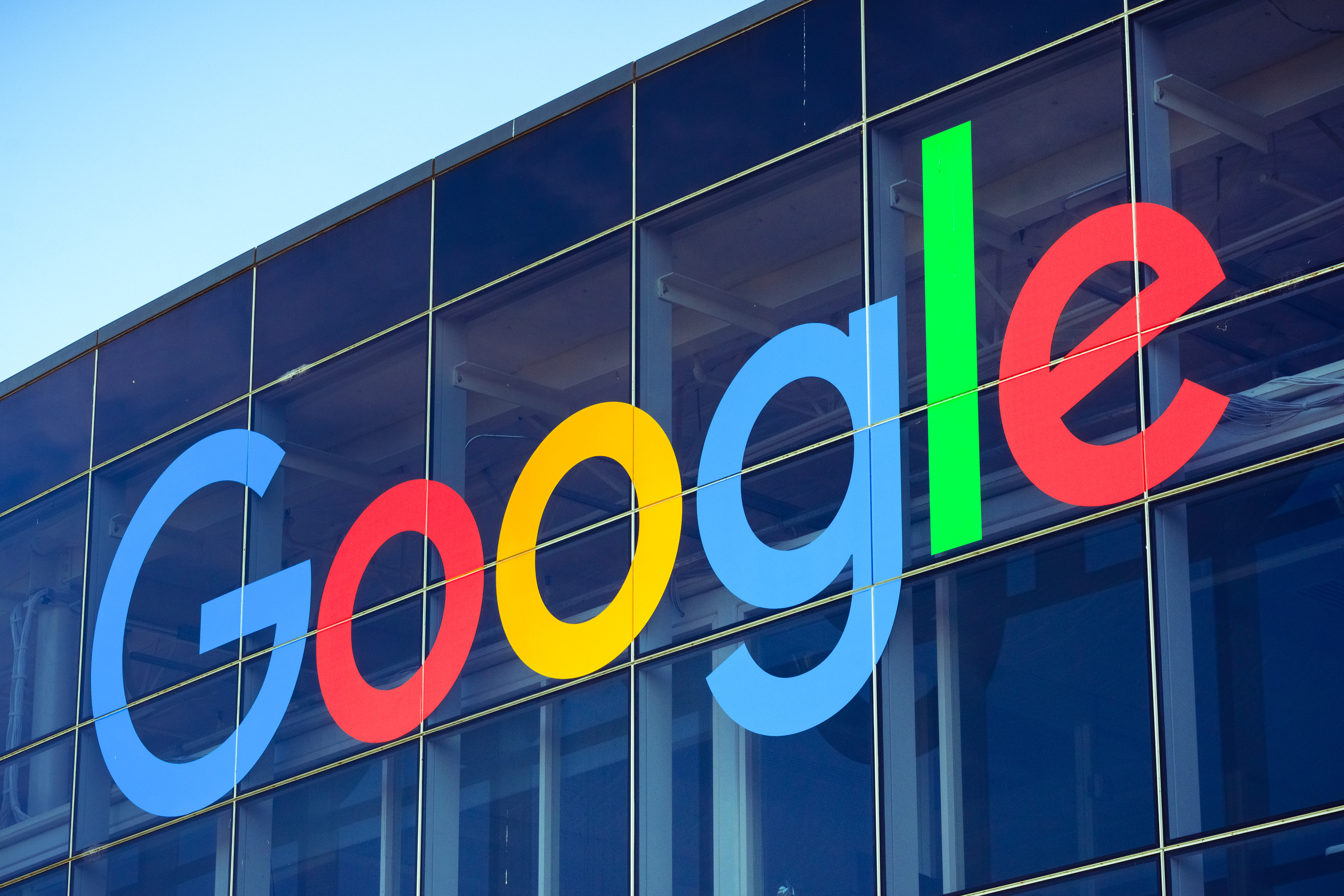Google will automatically delete user activity data after 18 months
Auto-delete update comes as Google pledges “to keep less data by default”


Google has announced that it has made its auto-delete option a default setting, meaning users’ data will be deleted automatically and continuously after 18 months.
The company’s decision to alter its data retention practices is guided by its aim “to keep less data by default” and covers information collected from users’ Web & App Activity and Location History.
The auto-delete update does not apply to Google’s personal content storages such as Gmail, Drive, Photos, or Calendar.
In a blog post detailing the update, Google and Alphabet CEO Sundar Pichai added that the tech giant will also extend auto-delete to YouTube, where it “will be set to 36 months by default if you create a new account or turn on your YouTube History for the first time”.
“We believe that products should keep your information for only as long as it's useful and helpful to you—whether that’s being able to find your favorite destinations in Maps or getting recommendations for what to watch on YouTube,” said Pichai.
Google first introduced auto-delete controls in May 2019, allowing users to select a time limit of three or 18 months for how long their activity data would be saved. Maps and Search products managers, Marlo McGriff and David Monsees explained at the time that users’ feedback prompted them to “provide simpler ways (...) to manage or delete” data.
Alongside the auto-delete update, Google also announced other changes to its privacy tools.
Get the ITPro daily newsletter
Sign up today and you will receive a free copy of our Future Focus 2025 report - the leading guidance on AI, cybersecurity and other IT challenges as per 700+ senior executives
RELATED RESOURCE

Enhance the safety and security of your people, assets, and operations
Enable a true vision of security with an engineered solution based on hyperconverged and storage platforms
From today, it will allow users to access key Google Account controls directly from its Search page, as well as find more proactive privacy controls in its Privacy Checkup recommendations and access Incognito mode by long-pressing on the user’s profile picture in Search, Maps, and YouTube.
The update comes days after Google employees signed a letter demanding that Alphabet ceases all technology sales to US police departments, following weeks of protests against racially-motivated police brutality.
In this latest blog post announcement, Pichai maintained Google’s dedication to privacy, stating that it was “the first major company to decide not to make general-purpose facial recognition commercially available".
Having only graduated from City University in 2019, Sabina has already demonstrated her abilities as a keen writer and effective journalist. Currently a content writer for Drapers, Sabina spent a number of years writing for ITPro, specialising in networking and telecommunications, as well as charting the efforts of technology companies to improve their inclusion and diversity strategies, a topic close to her heart.
Sabina has also held a number of editorial roles at Harper's Bazaar, Cube Collective, and HighClouds.
-
 Should AI PCs be part of your next hardware refresh?
Should AI PCs be part of your next hardware refresh?AI PCs are fast becoming a business staple and a surefire way to future-proof your business
By Bobby Hellard
-
 Westcon-Comstor and Vectra AI launch brace of new channel initiatives
Westcon-Comstor and Vectra AI launch brace of new channel initiativesNews Westcon-Comstor and Vectra AI have announced the launch of two new channel growth initiatives focused on the managed security service provider (MSSP) space and AWS Marketplace.
By Daniel Todd